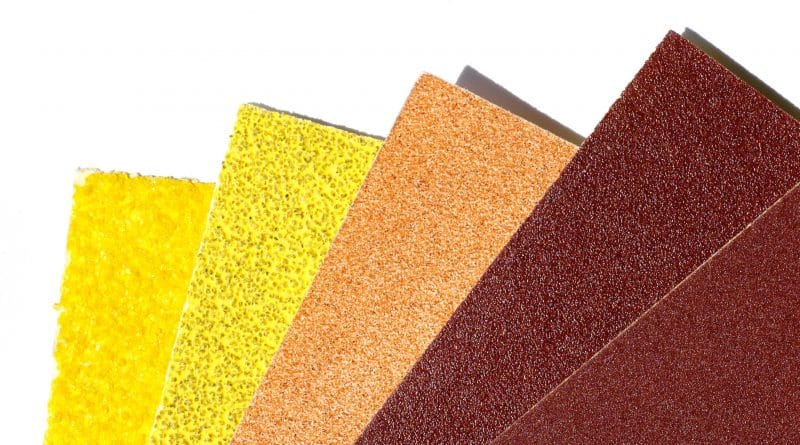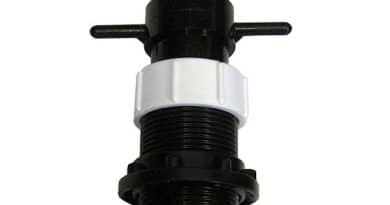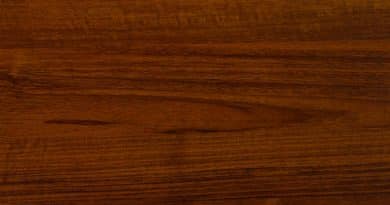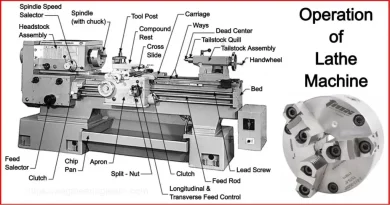Selecting the Right Sandpaper for Woodworking Projects
With so many options available in the abrasives market, shopping for the right sandpaper can be confusing and tedious. It is important to select the proper type of sandpaper for the precise wood finish you desire. Effectively accomplishing this is possible by learning about various abrasives and the finishes they render wood. Continue reading to learn a few things about the most popular types of sanding paper, and what type of woodworking projects they are recommended or used for.
Sanding Paper and Purposes
Getting the exact finish you are looking for starts with the right type of sanding paper. It is the key to a successful project. Not only will it play a large role in achieving the look and finish you want, but it will also make the project easier and allow you to get it done more efficiently. Imagine needing to hang a large and heavy picture frame on the wall. You wouldn’t use a tiny eyeglass screwdriver.
This would not only take forever and be extremely difficult, but you couldn’t possibly achieve desirable results this way. Instead, you would use a power drill because that is the appropriate tool for the job. The same idea applies to woodworking and sanding.
Sandpaper Qualities
Also referred to as glass paper, sanding paper is an abrasive made from aggregate materials like metal, rock, and glass. They come in form of large rolls, sheets, discs, and bands. Although they all seem to look alike, there are broad differences among them all. This is why it is important to know what to look for in an abrasive. Here is a list of the most common types of sandpaper:
- Aluminum Oxide
- Silicon Carbide
- Flint
- Garnet
- Ceramic
All sandpaper can be put into one of six categories, according to the number of abrasive particles (grit) per square inch. The categories are as follows:
Course – Course sanding abrasives contain anywhere from 40 to 60 grit. These are best for heavy-duty woodworking and finishing projects.
Medium – Medium abrasives have anywhere from 80 to 120 grit, and are used to remove minor imperfections and flaws and smooth out wood surfaces.
Fine – Fine sandpaper retains anywhere from 150 to 180 grit. They are generally used for the last smoothing before applying the finish.
Very Fine – Very fine abrasive contains somewhere between 220 and 240 grit. These are best used for sanding wood in-between staining and sealing.
Extra Fine – These have between 280 and 320 grit. In between finished coats, extra fine paper removes dust spots and minor imperfections like these.
Super Fine – The finest sanding paper contains 360 grit or more. These are typically used in the final stages of a woodworking project.




